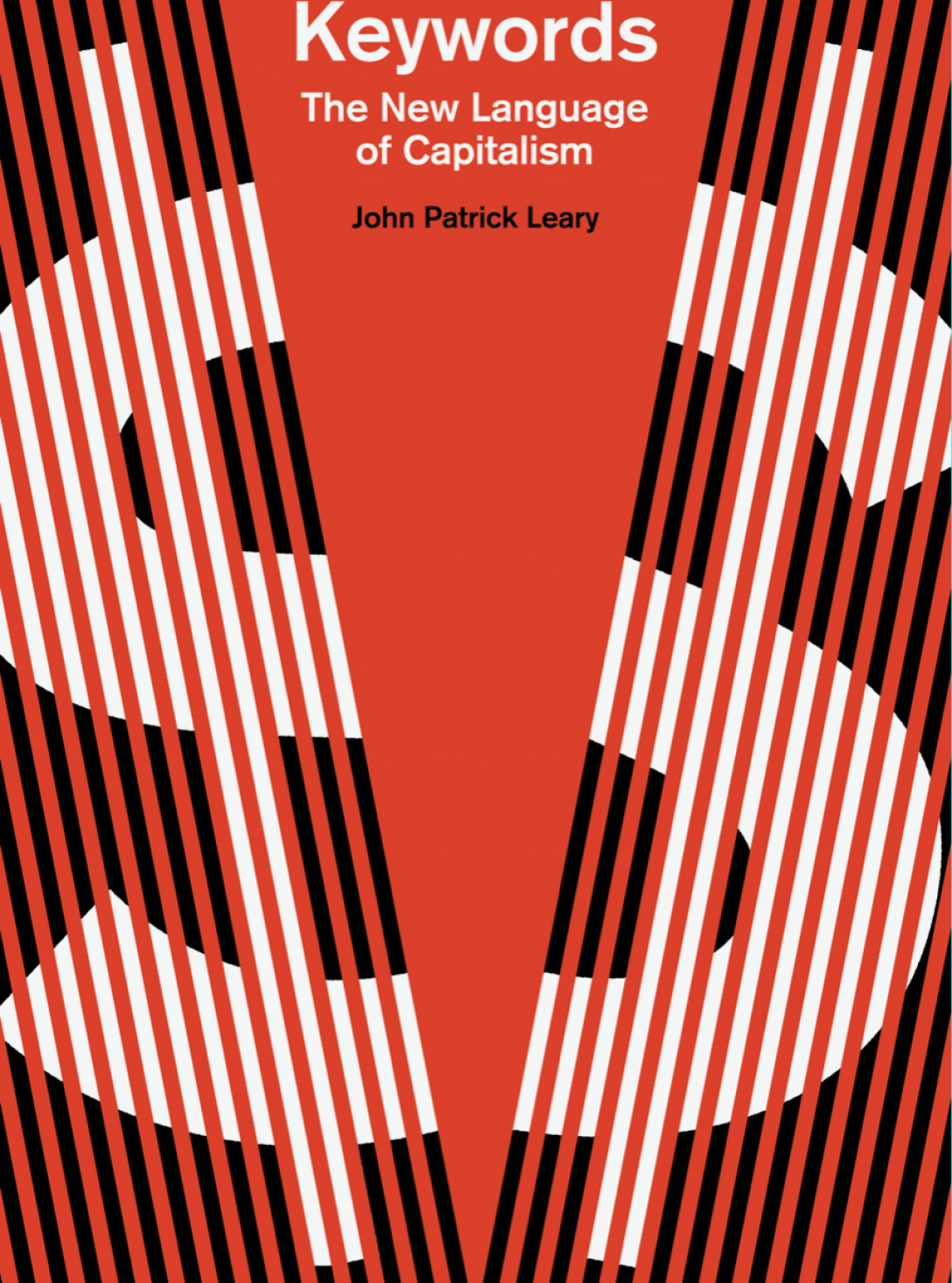As I work through the new material for the new edition of Keywords, I’m going to occasionally post here some excerpts, outtakes, and other material that comes up.
Liberalism, writes Raymond Williams, is a “doctrine of possessive individualism.”
“Possessive individualism” was coined in 1964 by C.B. Macpherson, a Canadian socialist and political theorist who described it as a “unifying idea” of the political thought of the seventeenth through the nineteenth centuries, during the long struggle for a more liberal state in England. To cut a long story short, he argues that human freedom came to be seen as self-possession: a free man was “the proprietor of his own person,” Macpherson put it (in more contemporary terms, this might be something like “your own boss”). This self-proprietorship is what makes us “free and human,” and politics is the medium by which individual proprietors peacefully regulate their claims with other self-proprietors.
Possessive individualism understands the freedom of the individual along the lines of the market—the freedom and humanity of a person depends on his freedom to pursue their own self interest through relations with others, and without dependence upon others. As Macpherson argues, this takes a relatively recent European contrivance—private property and ownership—and treats it as a natural, universal trait, the basis of what it is to be human. This is a conceptual problem that becomes a serious political crisis, he writes, in the twentieth century, as the rise of class societies and a working-class political movement throw into sharp relief the gap between metaphorical and literal “ownership.” If we are all proprietors of ourselves, in a class-stratified market society some people own more of themselves than others.
Which brings us to owning the libs, a metaphorical treatment of ownership of another as domination. In most contexts, this use of “own” is obviously ironic and even self-deprecating, without any trace of literal subjugation or anything: one declares oneself “owned” when you’re a good sport about another’s joke. But when used in earnest (as, incredibly, it still sometimes is) on the right, “own the libs” comes all the way back to the concept of possessive individualism. Here, as in “possessive individualism,” ownership is used figuratively, but it derives from a property relationship that is taken as a natural fact—that is, that there is something eternal and natural about the individual ownership of and trade in land, goods, and human labor as commodities.
Video game conventions, where the verb “to own” comes from, make an excellent example of this doctrine of individuality. Players typically play as discrete individual characters, who they customize in various ways as a surrogate self: a unique name, hair color, a set of skills, weapons, or other attributes. Even games in which users participate together still operate as a loose collection of individuals. (When I briefly ventured into online gaming, I was regularly berated by my supposed “teammates,” with whom I was ostensibly an equal but who were the proprietors of better endowed selves, an experience uncannily similar to everyday political life.) To own another player is to dominate them. If “man is free and human by virtue of his sole proprietorship of his own person,” and if political society is a contrivance to regulate the interaction of these proprietors, then the greatest political coup would be to disrupt the self-proprietorship of one’s enemies. They, who cannot properly own themselves, must therefore be owned.
